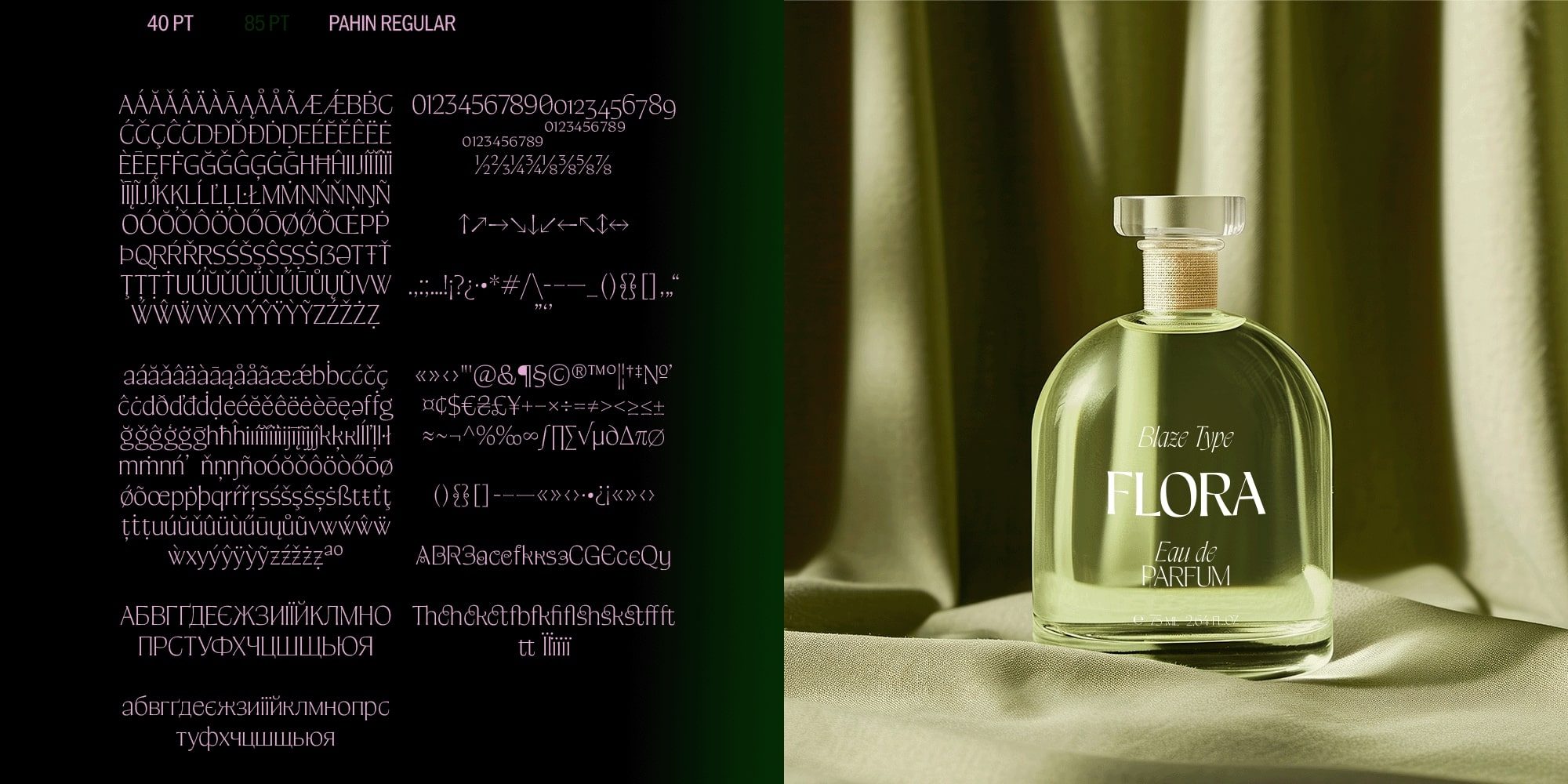Pahin Variable:n2
LOADING
Amilias did so, and, lo! he fell in two halves; for the sword had cut sheer through the vaunted war-coat, and cleft in twain the great body incased within. Down tumbled the giant head and the still folded arms, and they rolled with thundering noise to the foot of the hill, and fell with a fearful splash into the deep waters of the river; and there, fathoms down, they may even now be seen, when the water is clear, lying like great gray rocks among the sand and gravel below. The rest of the body, with the armor which incased it, still sat upright in its place; and to this day travellers sailing down the river are shown on moonlit evenings the luckless armor of Amilias on the high hill-top. In the dim, uncertain light, one easily fancies it to be the ivy covered ruins of some old castle of feudal times.
LOADING
Mimer raised the beaming blade in the air, and for a moment the lightning seemed to play around his head. The muscles on his short, brawny arms, stood out like great ropes; and then Balmung, descending, cleft the air from right to left. The waiting lookers-on in the plain below thought to hear the noise of clashing steel; but they listened in vain, for no sound came to their ears, save a sharp hiss like that which red-hot iron gives when plunged into a tank of cold water. The huge Amilias sat unmoved, with his arms still folded upon his breast; but the smile had faded from his face.
LOADING
When Mimer reached the top of the hill, Amilias folded his huge arms, and smiled again; for he felt that this contest was mere play for him, and that Mimer was already as good as beaten, and his thrall. The smith paused a moment to take breath, and as he stood by the side of his foe he looked to those below like a mere black speck close beside a steel-gray castle-tower.
LOADING
Then the smith seemed pleased again. And his eyes grew brighter, and lost their far-away look; and a smile played among the wrinkles of his swarthy face, as he told a tale of old King Volsung and of the deeds of the Volsung kings:—
LOADING
Amilias did so, and, lo! he fell in two halves; for the sword had cut sheer through the vaunted war-coat, and cleft in twain the great body incased within. Down tumbled the giant head and the still folded arms, and they rolled with thundering noise to the foot of the hill, and fell with a fearful splash into the deep waters of the river; and there, fathoms down, they may even now be seen, when the water is clear, lying like great gray rocks among the sand and gravel below. The rest of the body, with the armor which incased it, still sat upright in its place; and to this day travellers sailing down the river are shown on moonlit evenings the luckless armor of Amilias on the high hill-top. In the dim, uncertain light, one easily fancies it to be the ivy covered ruins of some old castle of feudal times.
LOADING
“Are you ready?” asked the smith.
LOADING
Then the smith seemed pleased again. And his eyes grew brighter, and lost their far-away look; and a smile played among the wrinkles of his swarthy face, as he told a tale of old King Volsung and of the deeds of the Volsung kings:—
LOADING
“Shake thyself!” cried Mimer.
LOADING
But Mimer’s friends waited in breathless silence, hoping, and yet fearing. Only King Siegmund whispered to his queen, and said, “Knowledge is stronger than brute force. The smallest dwarf who has drunk from the well of the Knowing One may safely meet the stoutest giant in battle.”
LOADING
Then the smith seemed pleased again. And his eyes grew brighter, and lost their far-away look; and a smile played among the wrinkles of his swarthy face, as he told a tale of old King Volsung and of the deeds of the Volsung kings:—
LOADING
But after a while it was whispered around that not Mimer, but one of his pupils, had forged the sword. And, when the master was asked what truth there was in this story, his eyes twinkled, and the corners of his mouth twitched strangely, and he made no answer. But Veliant, the foreman of the smithy, and the greatest of boasters said, “It was I who forged the fire-edge of the blade Balmung.” And, although none denied the truth of what he said, but few who knew what sort of a man he was believed his story. And this is the reason, my children, that, in the ancient songs and stories which tell of this wondrous sword, it is said by most that Mimer, and by a few that Veliant, forged its blade. But I prefer to believe that it was made by Siegfried, the hero who afterwards wielded it in so many adventures. [EN#3] Be this as it may, however, blind hate and jealousy were from this time uppermost in the coarse and selfish mind of Veliant; and he sought how he might drive the lad away from the smithy in disgrace. “This boy has done what no one else could do,” said he. “He may yet do greater deeds, and set himself up as the master smith of the world, and then we shall all have to humble ourselves before him as his underlings and thralls.”
LOADING
Oftentimes, when the day’s work was done, Siegfried sat with Mimer by the glowing light of the furnace-fire, and listened to the sweet tales which the master told of the deeds of the early days, when the world was young, and the dwarf-folk and the giants had a name and a place upon earth. And one night, as they thus sat, the master talked of Odin the All-Father, and of the gods who dwell with him in Asgard, and of the puny men-folk whom they protect and befriend, until his words grew full of bitterness, and his soul of a fierce longing for something he dared not name. And the lad’s heart was stirred with a strange uneasiness, and he said,—
LOADING
Then the smith seemed pleased again. And his eyes grew brighter, and lost their far-away look; and a smile played among the wrinkles of his swarthy face, as he told a tale of old King Volsung and of the deeds of the Volsung kings:—
LOADING
“Long years ago, before the evil days had dawned, King Volsung ruled over all the land which lies between the sea and the country of the Goths. The days were golden; and the good Frey dropped peace and plenty everywhere, and men went in and out and feared no wrong. King Volsung had a dwelling in the midst of fertile fields and fruitful gardens. Fairer than any dream was that dwelling. The roof was thatched with gold, and red turrets and towers rose above. The great feast-hall was long and high, and its walls were hung with sun-bright shields; and the door-nails were of silver. In the middle of the hall stood the pride of the Volsungs,—a tree whose blossoms filled the air with fragrance, and whose green branches, thrusting themselves through the ceiling, covered the roof with fair foliage. It was Odin’s tree, and King Volsung had planted it there with his own hands.
LOADING
“Tell me, I pray, dear master, something about my own kin, my father’s fathers,—those mighty kings, who, I have heard said, were the bravest and best of men.”
LOADING
“Are you ready?” asked the smith.
LOADING
“Ready,” answered Amilias. “Strike!”
LOADING
“Rather strangely, as if cold iron had touched me,” faintly answered the upstart.
LOADING
When Mimer reached the top of the hill, Amilias folded his huge arms, and smiled again; for he felt that this contest was mere play for him, and that Mimer was already as good as beaten, and his thrall. The smith paused a moment to take breath, and as he stood by the side of his foe he looked to those below like a mere black speck close beside a steel-gray castle-tower.
LOADING
Then the smith seemed pleased again. And his eyes grew brighter, and lost their far-away look; and a smile played among the wrinkles of his swarthy face, as he told a tale of old King Volsung and of the deeds of the Volsung kings:—
LOADING
When Mimer reached the top of the hill, Amilias folded his huge arms, and smiled again; for he felt that this contest was mere play for him, and that Mimer was already as good as beaten, and his thrall. The smith paused a moment to take breath, and as he stood by the side of his foe he looked to those below like a mere black speck close beside a steel-gray castle-tower.
LOADING
Oftentimes, when the day’s work was done, Siegfried sat with Mimer by the glowing light of the furnace-fire, and listened to the sweet tales which the master told of the deeds of the early days, when the world was young, and the dwarf-folk and the giants had a name and a place upon earth. And one night, as they thus sat, the master talked of Odin the All-Father, and of the gods who dwell with him in Asgard, and of the puny men-folk whom they protect and befriend, until his words grew full of bitterness, and his soul of a fierce longing for something he dared not name. And the lad’s heart was stirred with a strange uneasiness, and he said,—
LOADING
“Long years ago, before the evil days had dawned, King Volsung ruled over all the land which lies between the sea and the country of the Goths. The days were golden; and the good Frey dropped peace and plenty everywhere, and men went in and out and feared no wrong. King Volsung had a dwelling in the midst of fertile fields and fruitful gardens. Fairer than any dream was that dwelling. The roof was thatched with gold, and red turrets and towers rose above. The great feast-hall was long and high, and its walls were hung with sun-bright shields; and the door-nails were of silver. In the middle of the hall stood the pride of the Volsungs,—a tree whose blossoms filled the air with fragrance, and whose green branches, thrusting themselves through the ceiling, covered the roof with fair foliage. It was Odin’s tree, and King Volsung had planted it there with his own hands.
LOADING
When every thing was in readiness for the contest, Amilias, clad in his boasted war-coat, went up to the top of the hill, and sat upon a great rock, and waited for Mimer’s coming. As he sat there, he looked, to the people below, like some great castle-tower; for he was almost a giant in size, and his coat of mail, so skilfully wrought, was so huge that twenty men of common mould might have found shelter, or hidden themselves, within it. As the smith Mimer, so dwarfish in stature, toiled up the steep hillside, Amilias smiled to see him; for he felt no fear of the slender, gleaming blade that was to try the metal of his war-coat. And already a shout of expectant triumph went up from the throats of the Burgundian hosts, so sure were they of their champion’s success.
LOADING
And he nursed this thought, and brooded over the hatred which he felt towards the blameless boy; but he did not dare to harm him, for fear of their master, Mimer. And Siegfried busied himself at his forge, where the sparks flew as briskly and as merrily as ever before, and his bellows roared from early morning till late at evening. Nor did the foreman’s unkindness trouble him for a moment, for he knew that the master’s heart was warm towards him.
LOADING
“Are you ready?” asked the smith.
LOADING
And Siegfried went again with the master and his fellows to the smoky smithy, to his roaring bellows and ringing anvil, and to his coarse fare, and rude, hard bed, and to a life of labor. And while all men praised Mimer and his knowing skill, and the fiery edge of the sunbeam blade, no one knew that it was the boy Siegfried who had wrought that piece of workmanship.
LOADING
But after a while it was whispered around that not Mimer, but one of his pupils, had forged the sword. And, when the master was asked what truth there was in this story, his eyes twinkled, and the corners of his mouth twitched strangely, and he made no answer. But Veliant, the foreman of the smithy, and the greatest of boasters said, “It was I who forged the fire-edge of the blade Balmung.” And, although none denied the truth of what he said, but few who knew what sort of a man he was believed his story. And this is the reason, my children, that, in the ancient songs and stories which tell of this wondrous sword, it is said by most that Mimer, and by a few that Veliant, forged its blade. But I prefer to believe that it was made by Siegfried, the hero who afterwards wielded it in so many adventures. [EN#3] Be this as it may, however, blind hate and jealousy were from this time uppermost in the coarse and selfish mind of Veliant; and he sought how he might drive the lad away from the smithy in disgrace. “This boy has done what no one else could do,” said he. “He may yet do greater deeds, and set himself up as the master smith of the world, and then we shall all have to humble ourselves before him as his underlings and thralls.”
LOADING
Mimer raised the beaming blade in the air, and for a moment the lightning seemed to play around his head. The muscles on his short, brawny arms, stood out like great ropes; and then Balmung, descending, cleft the air from right to left. The waiting lookers-on in the plain below thought to hear the noise of clashing steel; but they listened in vain, for no sound came to their ears, save a sharp hiss like that which red-hot iron gives when plunged into a tank of cold water. The huge Amilias sat unmoved, with his arms still folded upon his breast; but the smile had faded from his face.
LOADING
And Siegfried went again with the master and his fellows to the smoky smithy, to his roaring bellows and ringing anvil, and to his coarse fare, and rude, hard bed, and to a life of labor. And while all men praised Mimer and his knowing skill, and the fiery edge of the sunbeam blade, no one knew that it was the boy Siegfried who had wrought that piece of workmanship.
LOADING
When Mimer reached the top of the hill, Amilias folded his huge arms, and smiled again; for he felt that this contest was mere play for him, and that Mimer was already as good as beaten, and his thrall. The smith paused a moment to take breath, and as he stood by the side of his foe he looked to those below like a mere black speck close beside a steel-gray castle-tower.
LOADING
When every thing was in readiness for the contest, Amilias, clad in his boasted war-coat, went up to the top of the hill, and sat upon a great rock, and waited for Mimer’s coming. As he sat there, he looked, to the people below, like some great castle-tower; for he was almost a giant in size, and his coat of mail, so skilfully wrought, was so huge that twenty men of common mould might have found shelter, or hidden themselves, within it. As the smith Mimer, so dwarfish in stature, toiled up the steep hillside, Amilias smiled to see him; for he felt no fear of the slender, gleaming blade that was to try the metal of his war-coat. And already a shout of expectant triumph went up from the throats of the Burgundian hosts, so sure were they of their champion’s success.
LOADING
“Long years ago, before the evil days had dawned, King Volsung ruled over all the land which lies between the sea and the country of the Goths. The days were golden; and the good Frey dropped peace and plenty everywhere, and men went in and out and feared no wrong. King Volsung had a dwelling in the midst of fertile fields and fruitful gardens. Fairer than any dream was that dwelling. The roof was thatched with gold, and red turrets and towers rose above. The great feast-hall was long and high, and its walls were hung with sun-bright shields; and the door-nails were of silver. In the middle of the hall stood the pride of the Volsungs,—a tree whose blossoms filled the air with fragrance, and whose green branches, thrusting themselves through the ceiling, covered the roof with fair foliage. It was Odin’s tree, and King Volsung had planted it there with his own hands.
LOADING
Oftentimes, when the day’s work was done, Siegfried sat with Mimer by the glowing light of the furnace-fire, and listened to the sweet tales which the master told of the deeds of the early days, when the world was young, and the dwarf-folk and the giants had a name and a place upon earth. And one night, as they thus sat, the master talked of Odin the All-Father, and of the gods who dwell with him in Asgard, and of the puny men-folk whom they protect and befriend, until his words grew full of bitterness, and his soul of a fierce longing for something he dared not name. And the lad’s heart was stirred with a strange uneasiness, and he said,—
LOADING
Then the smith seemed pleased again. And his eyes grew brighter, and lost their far-away look; and a smile played among the wrinkles of his swarthy face, as he told a tale of old King Volsung and of the deeds of the Volsung kings:—
LOADING
“Are you ready?” asked the smith.












